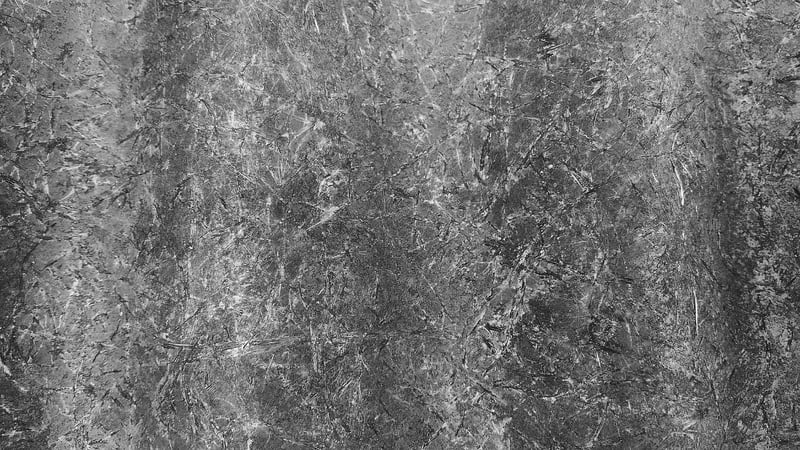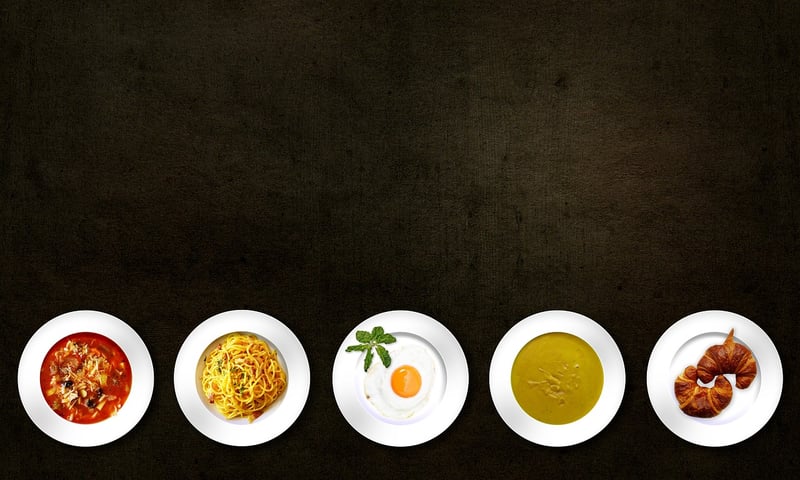Experimental Cuisine
Exploring the World of Experimental Cuisine
Welcome to the exciting realm of experimental cuisine, where culinary boundaries are pushed, and traditional recipes are transformed into unique and imaginative creations. If you have a taste for adventure and a love for food that challenges the norm, then experimental cuisine is the perfect playground for your palate.
What is Experimental Cuisine?
Experimental cuisine is a form of culinary art that goes beyond traditional cooking techniques and ingredients. It involves combining unexpected flavors, textures, and presentation styles to create dishes that are not only delicious but also visually stunning. Chefs who specialize in experimental cuisine are like mad scientists in the kitchen, constantly pushing the envelope and redefining what is possible on a plate.
Key Elements of Experimental Cuisine
- Flavor Pairing: Experimental cuisine often involves pairing flavors that are not typically associated with each other. Think chocolate and bacon or strawberries and balsamic vinegar.
- Textural Contrast: Chefs use a variety of textures in a single dish to create a sensory experience that keeps diners intrigued.
- Unconventional Ingredients: From edible flowers to molecular gastronomy techniques, experimental cuisine embraces ingredients and methods that are anything but ordinary.
- Artistic Presentation: Dishes in experimental cuisine are not just meant to be eaten; they are works of art meant to be admired before they are devoured.
Renowned Experimental Chefs
Some of the most famous names in the world of experimental cuisine include:
- Ferran Adrià - The pioneer of molecular gastronomy and the former head chef of elBulli restaurant in Spain.
- Heston Blumenthal - Known for his scientific approach to cooking and innovative flavor combinations at The Fat Duck in the UK.
- Grant Achatz - The mastermind behind Alinea in Chicago, where diners are taken on a culinary journey like no other.
Get Inspired!
If you're feeling inspired to try your hand at experimental cuisine, start by experimenting with flavors in your own kitchen. Don't be afraid to think outside the box and combine ingredients that you wouldn't normally pair together. Who knows, you might just discover the next big culinary sensation!
Remember, the key to experimental cuisine is to have fun and let your creativity run wild. So put on your chef's hat, roll up your sleeves, and get ready to embark on a culinary adventure unlike any other!

Are you ready to challenge your taste buds and explore the uncharted territories of the culinary world? Dive into the world of experimental cuisine and prepare to be amazed!
